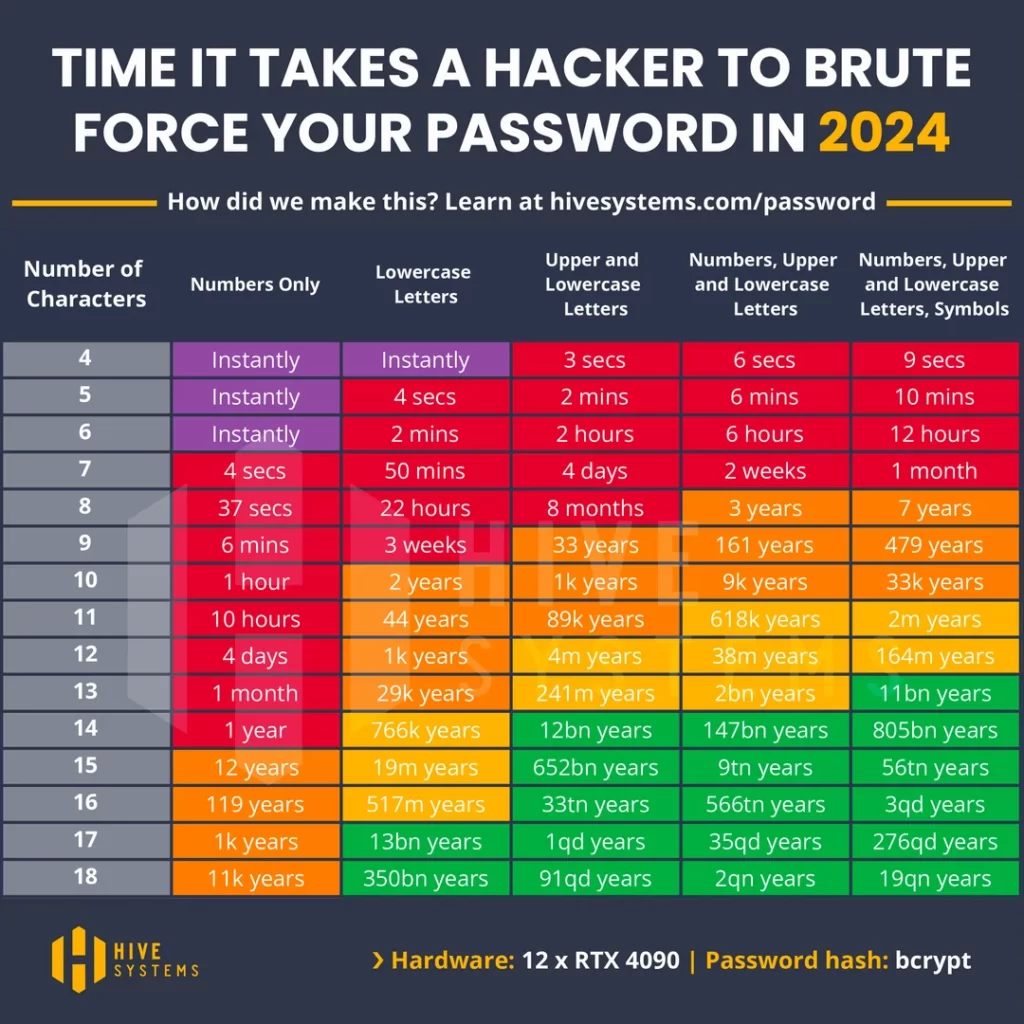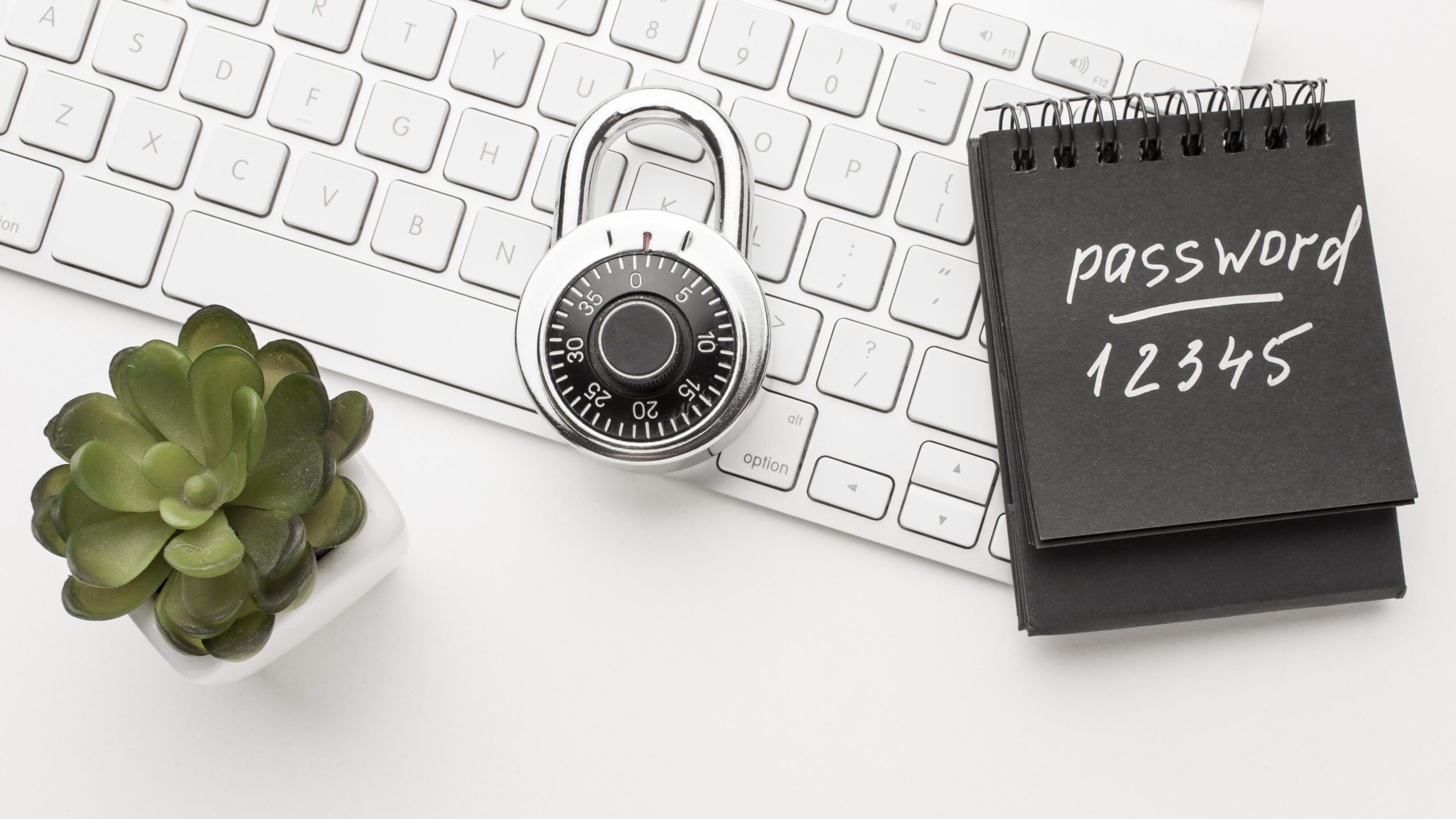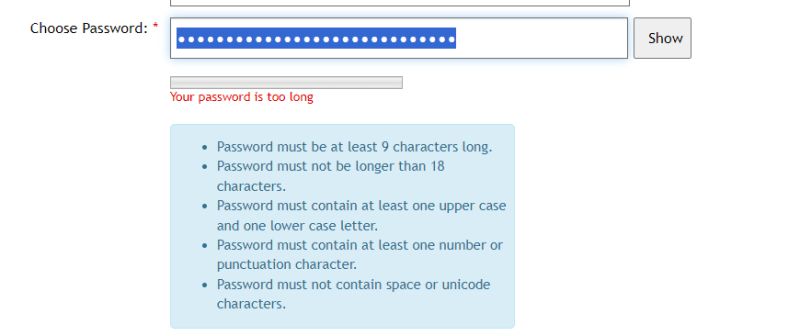Passwords are the most prevalent forms of protection in today’s digital world. Despite this, many people still use simple and short passwords, which can make their accounts easily accessible by any kind of cyberattack. In this post, we discuss how easy it is for hackers to crack passwords depending on their length and complexity, and what one can do to protect themselves from such situations.
________________________________________
How Hackers Crack Passwords
Before explaining how password length and complexity factors work in security, let’s take a look at how hackers attempt to crack passwords.
- Brute Force Attacks: This is some form of trial-and-error method where the hacker tries all kinds of character combinations until he gets to the right password. The simpler and shorter your password is, the quicker it is for the hacker to break using a brute force attack.
- Dictionary attacks: A precompiled list of common passwords and known words, which hackers largely use in attempts to guess your password. In case you happen to be using one of the common words like “password,” “qwerty,” or simple sequences like “123456,” a dictionary attack will crack your password in seconds.
- Hybrid Attack: This is a mixture of brute force and dictionary attack. The attackers use words common in this form of password guessing and add numbers or special characters to it to make some of the common permutations, which would appear like “Password123” or “Letmein!”
________________________________________
Password Length: A Critical Factor in Security
One of the most important things with password security is its length. Very simply, the longer the password, the harder it will be to crack. Here’s the time it takes for hackers to crack passwords of various lengths using a simple brute force attack; that is, assuming no additional complexity:
| Password Length | Time to Crack (Simple) |
| 6 characters | Less than 1 second |
| 8 characters | A few minutes |
| 10 characters | A few hours |
| 12 characters | A few days |
| 15 characters | Years |
That means that even relatively modest password length increases will dramatically improve your security.
________________________________________
Password Complexity: Throwing Additional Layers into the Mix
Length is not everything. Complexity plays an equally important role in password strength. A password containing uppercase, lowercase letters, numbers, and special symbols is exponentially harder to crack. Take, for instance, the two examples below:
- Password 1: password123
- Password 2: P@55w0rD!2#
Even though both of them are 10 characters long, the second one will take a very long time to crack simply because of its complexity.
Here is a glimpse at how complexity can influence password cracking:

- Source Hive Systems
Famous Password Breaches: What Happens When We Get It Wrong
Poor passwords have given rise to several of the most widespread data breaches in history. Among them is:
- Yahoo: In 2013, hackers stole 3 billion accounts due to weak passwords and outdated security measures.
- LinkedIn: A 2012 breach exposed over 117 million passwords, many of which were simple or reused across multiple sites.
The breaches described above depict why password security is important, more so in this present time wherein personal information is more worthy than anything else.
________________________________________
Best Practices for Strong Passwords
Now that we have seen just how easily hackers can crack weak passwords, here are some tips to make yours secure:1.
- Use Long Passwords: Try to keep it at a minimum of 12-15 characters.
- Mix It Up: Make sure it includes uppercase letters, lowercase letters, numbers, and special symbols.
- Avoid Common Words: Avoid the kind of passwords which anyone could guess. You should absolutely avoid using your name, birth date, or simply using the word “password.
- Use a Password Manager: These utilities can actually create complicated passwords for you and remember them all, so you don’t have to.
- Turn on Multi-Factor Authentication (MFA): This is a layer of security beyond your password.
- Never reuse passwords: Yes we know, everyone does it, but this will cause you a headacke if you need to change all your passwords.
- Never reuse passwords: Yes we know, everyone does it, but this will cause you a headacke if you need to change all your passwords.
________________________________________
Conclusion: Stay Ahead of the Hackers
While hackers get more sophisticated with each passing day, a good password can still be one of the best ways to keep them out. Longer and more complex passwords greatly limit the chance of having them cracked. Along with password managers and MFA, that makes quite decent protection in the digital world.
________________________________________





